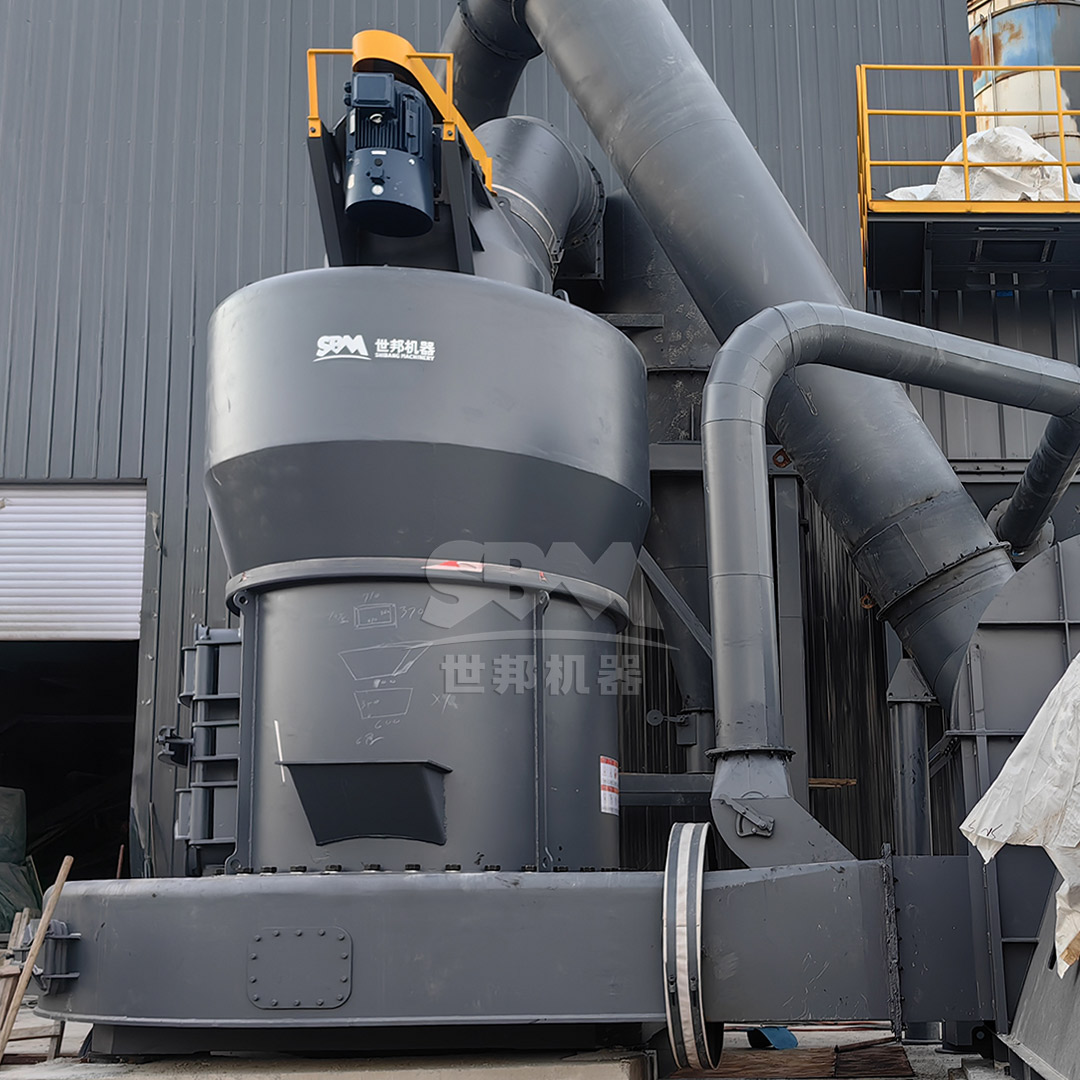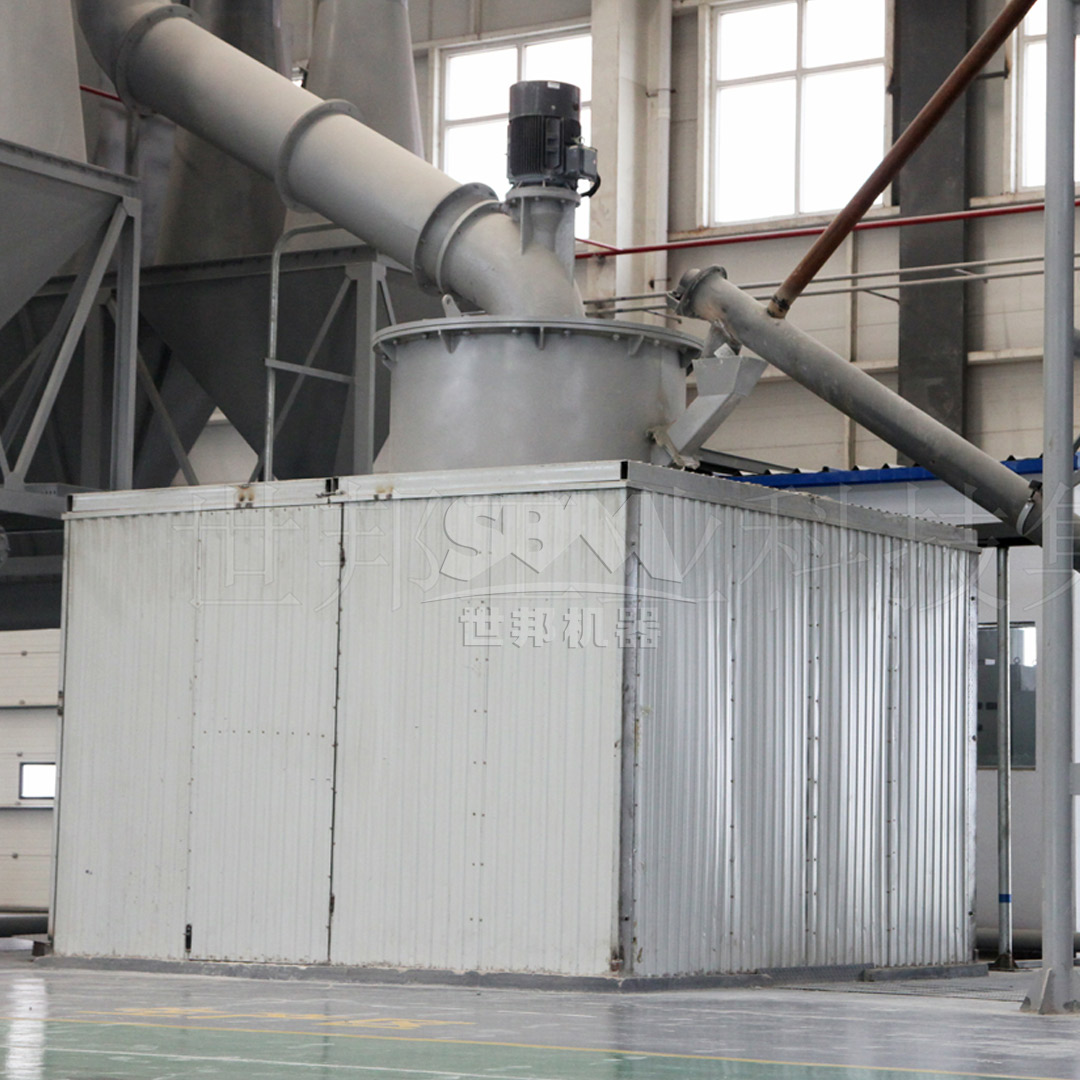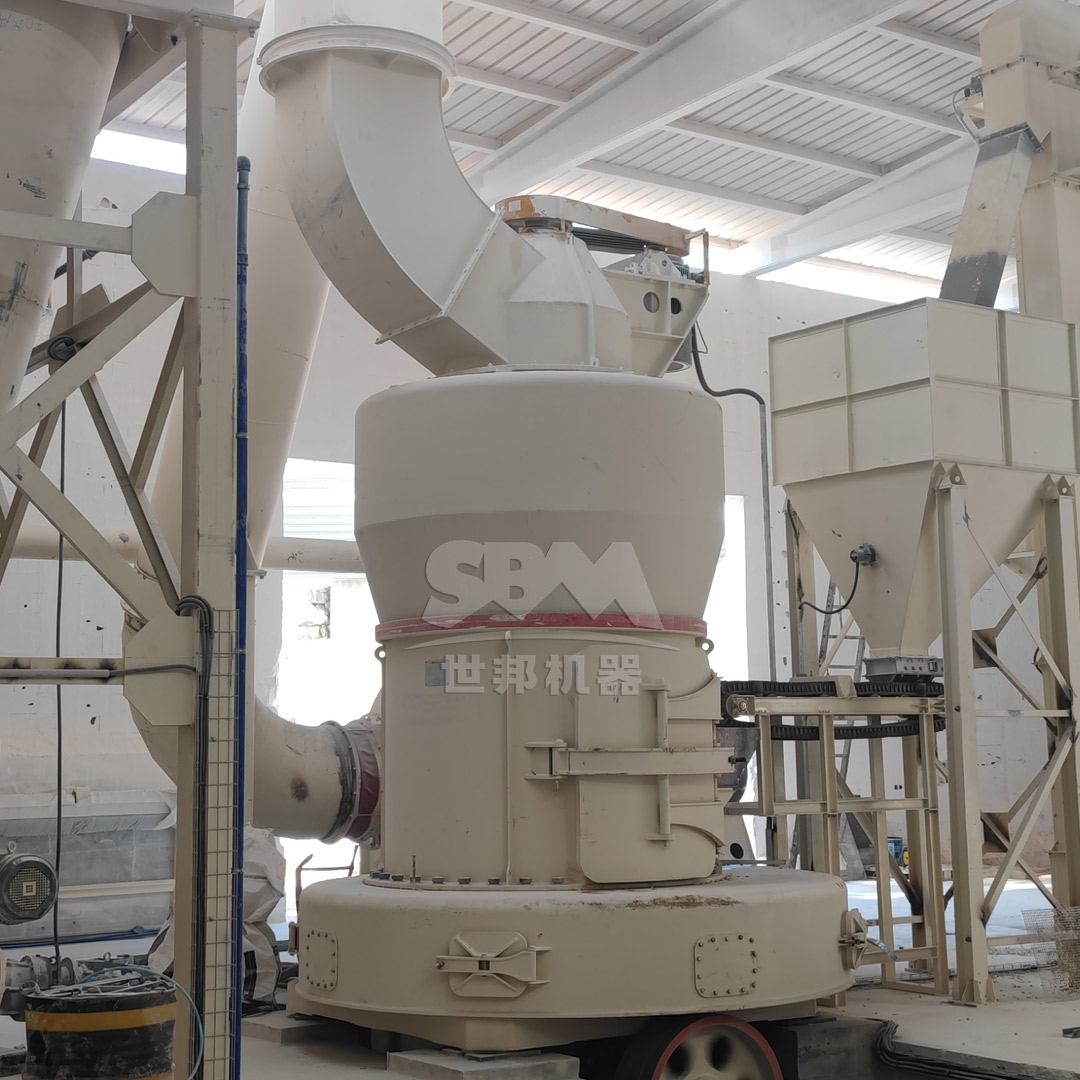Kaolin, also known as china clay, is a naturally occurring white clay mineral composed primarily of kaolinite. Its unique properties, including whiteness, fine particle size, plate-like particle shape, chemical inertness, and high thermal stability, make it an essential raw material for high-performance insulation materials. The quality of kaolin powder, particularly its fineness, particle size distribution, and purity, directly impacts the thermal insulation efficiency, mechanical strength, and durability of the final insulation products. Therefore, selecting an efficient and precise kaolin powder grinding mill is paramount for manufacturers aiming to produce superior insulation materials for applications in construction, industrial furnaces, and aerospace.
This article explores the critical role of advanced milling technology in processing kaolin for insulation materials. It delves into the specific requirements for kaolin powder used in this sector and presents sophisticated milling solutions designed to meet these demanding specifications, ensuring optimal performance and cost-effectiveness.

Not all kaolin powders are suitable for high-end insulation applications. The material must meet stringent criteria to ensure the insulation product performs reliably under extreme conditions.
Traditional grinding equipment often struggles to achieve the necessary fineness and uniformity without compromising on energy efficiency or product contamination. This is where modern, specialized grinding mills demonstrate their superiority.
The transformation of raw or calcined kaolin into a high-value powder for insulation requires milling systems capable of precise particle size control, high efficiency, and minimal contamination. Several advanced mill types are well-suited for this task.
For applications demanding the highest levels of fineness (e.g., 2500 mesh or D97 ≤ 5μm), ultrafine mills are the ideal choice. These mills integrate grinding and precision classification to produce powders with exceptional uniformity.
Recommended Solution: SCM Ultrafine Mill
Our SCM Ultrafine Mill is engineered specifically for producing superfine powders. It is an excellent choice for processing kaolin to the exacting standards required by the insulation industry.
| Model | Processing Capacity (ton/h) | Main Motor Power (kW) | Output Fineness (mesh) |
|---|---|---|---|
| SCM800 | 0.5 – 4.5 | 75 | 325 – 2500 |
| SCM900 | 0.8 – 6.5 | 90 | |
| SCM1000 | 1.0 – 8.5 | 132 | |
| SCM1250 | 2.5 – 14 | 185 | |
| SCM1680 | 5.0 – 25 | 315 |
Technical Advantages for Kaolin Insulation:
The working principle involves a main motor driving multiple layers of grinding rings. Material is fed into the mill and dispersed by centrifugal force into the grinding passage, where it is crushed and ground layer by layer. The final fine powder is collected efficiently by a cyclone collector and pulse dust removal system.

Vertical Roller Mills are highly efficient for large-scale production of fine to ultra-fine kaolin powders. They are renowned for their low energy consumption and integrated drying, grinding, and classification capabilities, which is beneficial if kaolin requires drying.
Recommended Solution: LM Series Vertical Roller Mill
For projects requiring high capacity and integrated processing, our LM Series Vertical Roller Mill is a robust solution. Its compact design and high efficiency make it suitable for modern insulation material plants.
Technical Advantages for Kaolin Insulation:
The mill operates by the main motor driving the grinding table to rotate. Material is fed onto the center of the table and, under centrifugal force, moves to the grinding track where it is crushed by rollers. The fine powder is carried by the hot air stream to the classifier, while coarse material falls back for regrinding.
Trapezium Mills offer a reliable and cost-effective solution for producing kaolin powders in the medium-fineness range (30-325 mesh), which is suitable for many standard insulation products.
Recommended Solution: MTW Series Trapezium Mill
Our MTW Series Trapezium Mill combines advanced engineering with operational economy, making it a popular choice for consistent and reliable kaolin powder production.
Technical Advantages:
Choosing the most appropriate kaolin grinding mill depends on several factors specific to your insulation product line.
| Factor | Consideration | Recommended Mill Type |
|---|---|---|
| Required Fineness | D97 < 10μm (2500 mesh) | SCM Ultrafine Mill |
| Required Fineness | 325 mesh – 600 mesh | LM Vertical Mill / MTW Trapezium Mill |
| Production Capacity | Large-scale (> 15 t/h) | LM Vertical Mill |
| Production Capacity | Medium-scale (3 – 15 t/h) | MTW Trapezium Mill / SCM Ultrafine Mill |
| Moisture Content | Requires integrated drying | LM Vertical Mill |
| Investment Budget | Cost-effective solution | MTW Trapezium Mill |
| Space Constraints | Compact footprint required | LM Vertical Mill / SCM Ultrafine Mill |
It is highly recommended to conduct lab-scale or pilot-scale grinding tests with your specific kaolin sample. This allows for precise determination of the optimal mill type, configuration, and operational parameters to achieve your desired product specifications and maximize ROI.

The pursuit of high-performance insulation materials necessitates a deep understanding of kaolin powder processing. The critical link between powder properties—such as fineness, purity, and particle morphology—and the final insulation performance cannot be overstated. Investing in advanced, efficient milling technology is not merely an operational decision but a strategic one that directly impacts product quality, energy consumption, and environmental compliance.
Technologies like the SCM Ultrafine Mill for superfine applications and the LM Vertical Roller Mill for large-scale, integrated processing provide the precision, efficiency, and reliability required by today’s competitive insulation market. By partnering with a knowledgeable equipment supplier and leveraging the right milling solution, manufacturers can unlock the full potential of kaolin, producing insulation materials that meet the highest standards of safety, sustainability, and performance.